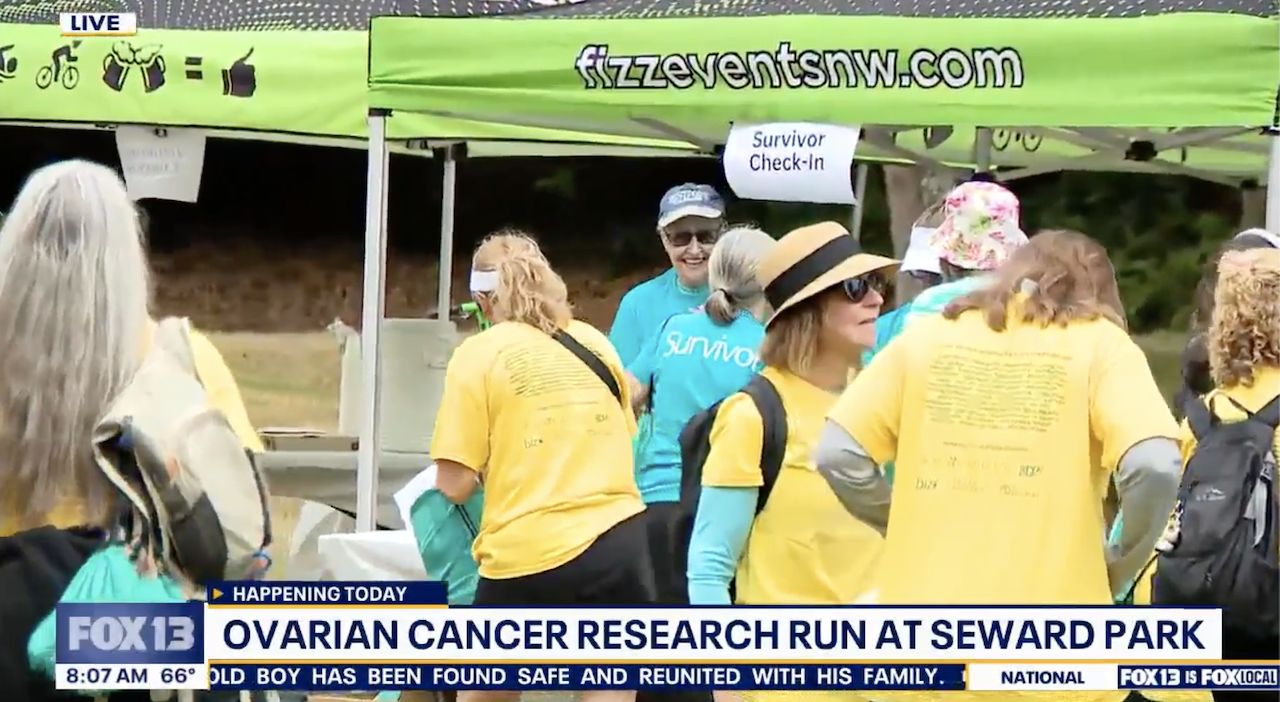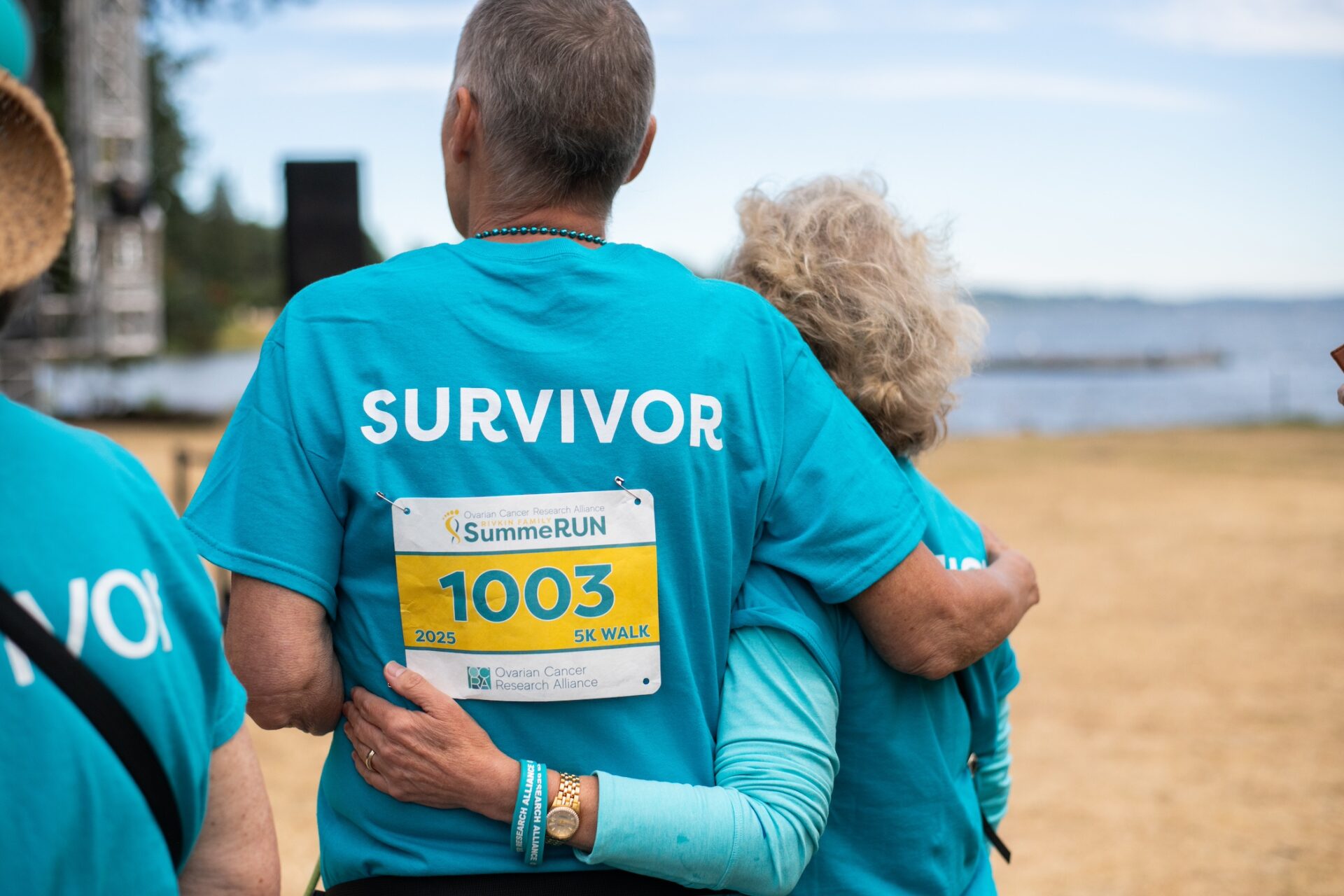
Though palliative care and hospice care are both used to improve a patient’s quality of life, there are key distinctions between the two — as well as many commonly held misconceptions about how they differ.
Dr. Lori Spoozak recently led an in-depth discussion about the two modes of care during an online session held as part of the Woman to Woman (W2W) Quarterly Continuing Education Series. This series aims to enhance the knowledge and peer support efforts of the Program Coordinators and Mentors who are a part of OCRA’s Woman to Woman, a unique support program that pairs gynecologic cancer patients with trained survivor volunteers who provide one-on-one emotional support.
Participants from around the country attended the presentation and participated in a powerful and moving conversation about palliative care, hospice care, and evolving hope within transitions of care. During the discussion, Dr. Spoozak addressed common concerns about physical and emotional suffering, highlighted setting goals during every stage of care, and reminded attendees about the importance of joy in all phases of life. Visit our online video collection to watch Dr. Spoozak’s presentation.
Dr. Spoozak is a gynecologic oncologist, palliative care specialist and physician champion of the W2W program at The University of Kansas Cancer Center. She is an Associate Professor and Program Director of the Gynecologic Oncology Fellowship at the University of Kansas. Dr. Spoozak holds a Doctorate of Medicine and a Master of Health Science degree from Yale University School of Medicine. She also completed clinical fellow training in Palliative Medicine and Hospice at Icahn School of Medicine, having pursued this second fellowship after watching the severe distress of patients being treated for gynecologic cancers. When it comes to patient care, Dr. Spoozak’s aim is to not only treat the illness but also promote resilience in all aspects of care throughout the course of the disease.


